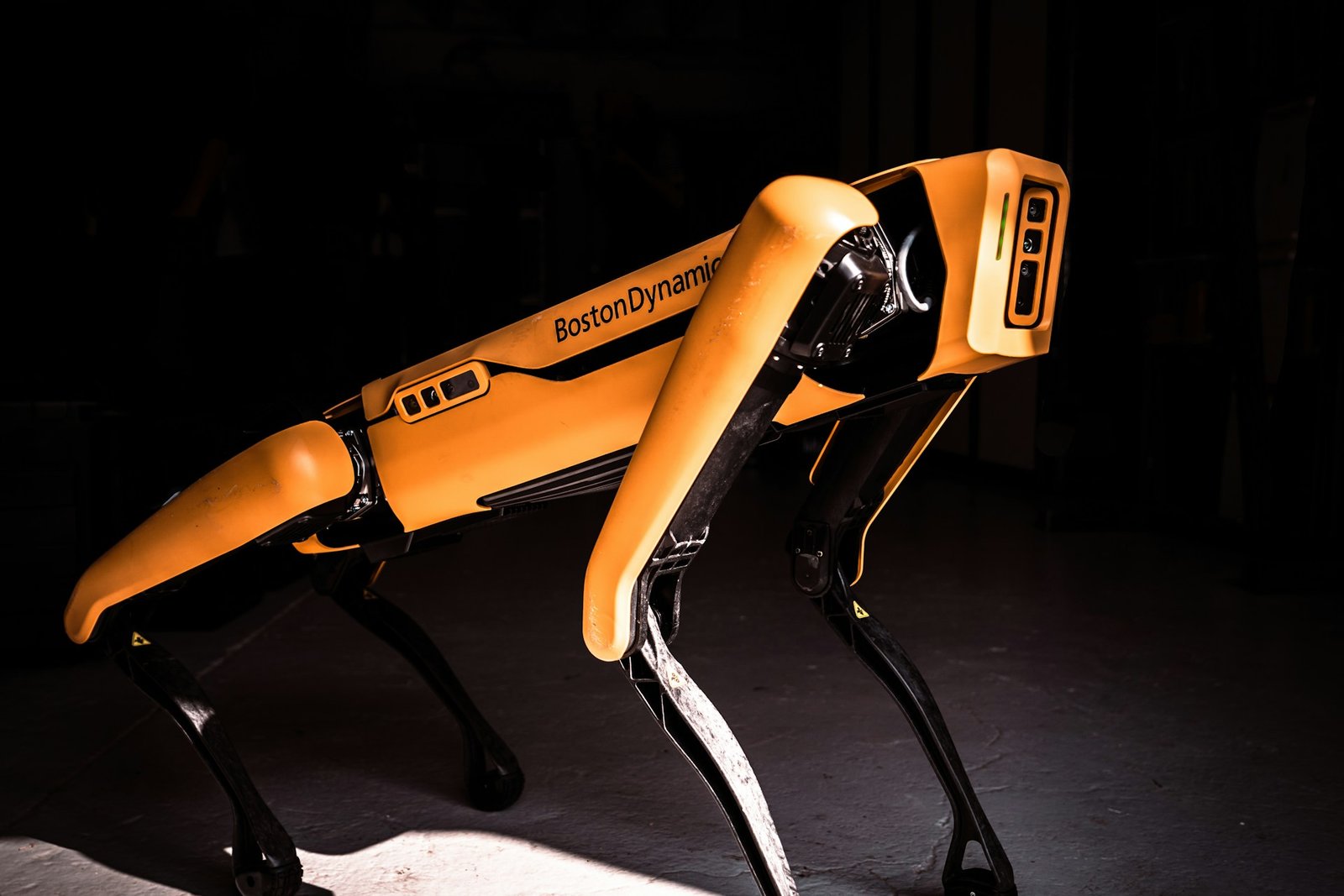
How AI is Transforming Industries Real-World Applications Across Sectors
by Lokesh Patil | Industry Expert

Artificial Intelligence (AI) is no longer just a futuristic concept; it has become a transformative force reshaping industries worldwide. From healthcare to retail, AI’s integration has driven unprecedented efficiency, innovation, and growth. In this article, we explore how AI is revolutionizing key industries, highlight success stories, and discuss emerging trends.
Healthcare: Precision and Efficiency
AI is revolutionizing healthcare by enhancing diagnostic accuracy, improving patient care, and streamlining administrative tasks. Machine learning algorithms can analyze medical images to detect diseases like cancer at early stages. For example, Google’s DeepMind developed an AI system capable of diagnosing over 50 eye conditions with expert-level accuracy.
AI-powered chatbots and virtual health assistants are also gaining traction, offering patients 24/7 support. Additionally, predictive analytics is helping hospitals optimize resource allocation, reducing wait times and improving patient outcomes. The rise of AI-driven drug discovery is another milestone, with companies like Insilico Medicine accelerating the development of new treatments.
Finance: Enhanced Security and Decision-Making
The finance industry has embraced AI to enhance security, optimize operations, and improve decision-making. AI-powered fraud detection systems analyze transaction patterns in real-time, identifying suspicious activities more effectively than traditional methods. For instance, JPMorgan Chase uses AI algorithms to detect potential fraud, saving millions annually.
In investment banking, robo-advisors powered by AI are providing personalized financial advice and portfolio management, making investing accessible to a broader audience. Moreover, natural language processing (NLP) tools help analyze market trends and predict stock movements, giving investors a competitive edge.
Education: Personalized Learning Experiences
AI is transforming education by making learning more personalized and accessible. Adaptive learning platforms like DreamBox and Khan Academy use AI to tailor content based on a student’s strengths, weaknesses, and learning pace. This ensures that learners receive a customized experience, improving engagement and retention.
AI-driven tools are also aiding educators by automating administrative tasks such as grading and attendance tracking. Virtual tutors and AI-powered language learning apps like Duolingo are further expanding the boundaries of education, reaching students in remote and underserved areas.
Transportation: Smarter Mobility Solutions
AI is driving significant advancements in the transportation sector, particularly in autonomous vehicles and traffic management. Companies like Tesla and Waymo are leading the charge in developing self-driving cars, which promise to reduce accidents and improve road safety.
In urban planning, AI-powered systems analyze traffic patterns to optimize public transport routes and reduce congestion. Airlines are also leveraging AI for predictive maintenance, ensuring safety and reducing operational costs. These innovations are shaping a future of smarter, more sustainable mobility solutions.
Retail: Enhancing Customer Experiences
The retail industry is harnessing AI to enhance customer experiences, streamline operations, and boost sales. AI-driven recommendation engines, like those used by Amazon and Netflix, analyze user behavior to suggest products and content tailored to individual preferences.
Chatbots and virtual shopping assistants provide instant support, answering queries and guiding customers through their purchase journeys. Retailers are also using AI for inventory management, demand forecasting, and dynamic pricing, ensuring optimal stock levels and competitive pricing strategies.
Emerging Trends and Future Prospects
The adoption of AI continues to grow, with emerging trends such as edge AI, explainable AI, and AI-powered sustainability initiatives gaining momentum. Businesses are increasingly integrating AI with technologies like the Internet of Things (IoT) and blockchain to unlock new possibilities.
In conclusion, AI is transforming industries by driving innovation, improving efficiency, and creating new opportunities. As adoption expands, the potential for AI to revolutionize sectors further is immense, promising a future of unprecedented advancements across the global economy.
Facebook
Twitter
LinkedIn
WhatsApp
Telegram
Email

Related Articles

Subscribe to Newsletter
For latest tech updates, news, trends and opportunities.

